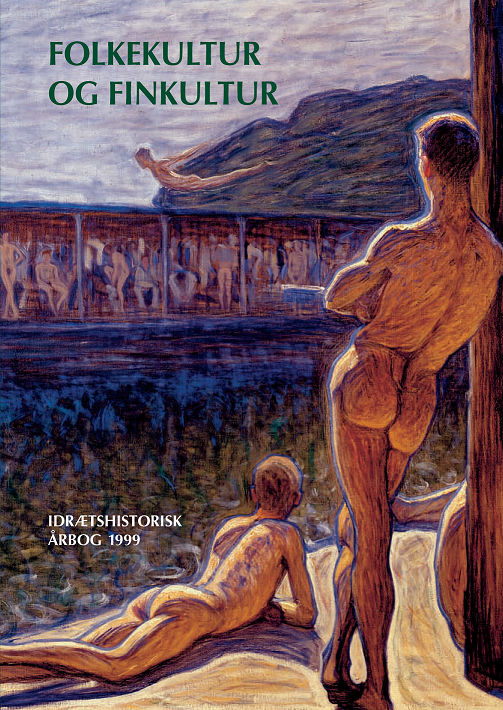Håndbold i kristendommens tegn
DOI:
https://doi.org/10.7146/ffi.v15i0.31758Resumé
Handball in the name of Christianity
In the further development of industrial society that took place during the 20th century, a need soon made itself felt for cultural activity other than that provided by religion. One result was that sport became popular among young people. In the Christian KFUM-associations they began discussing the advantages of offering sport as part of their program. Sport could be used to capture youth and thereby make converts to Christianity. On the other hand, there was the dangerous possibility of sport leading youth away from Jesus. In Fredericia members of KFUM began playing handball in 1926. It soon turned out that the sceptics were right. KFUM gained more new members, but they did not come from Christian societies, and they didn’t allow themselves to bee converted to Christianity. In fact they would rather play handball than spend their time with the Bible. This lead to internal difficulties within Fredericia KFUM, where Christian leaders of the sports sectionn tried to put a stop to this »unfortunate« development. First they forbade members to join non-Christian clubs as long they were members of KFUM, then they forbade the teams to join »non« KFUM tournaments and finally they placed a missionary on the board of directors of the sports section to »keep an eye on people.« In the meantime KFUM’s sports section was hit by the phenomenon of secularisation, – in popular terms, a process whereby the impact of Christianity on society in general was gradually decreasing. Secularisation hit Fredericia KFUM so forcefully that during the 1950’s and 60’s members and leaders chose to spent all their time on handball at the expense of proclaiming the Christian message. When in the 1960’s the number of handball players had risen to the point that it was necessary to play matches on Sunday, the church suddenly began to block handball activities. The handball players of KFUM were prepared to play during times intended for church services but a number of leaders were of a different opinion. In the end the handball players had it their way and the church service lost its sacred status.

